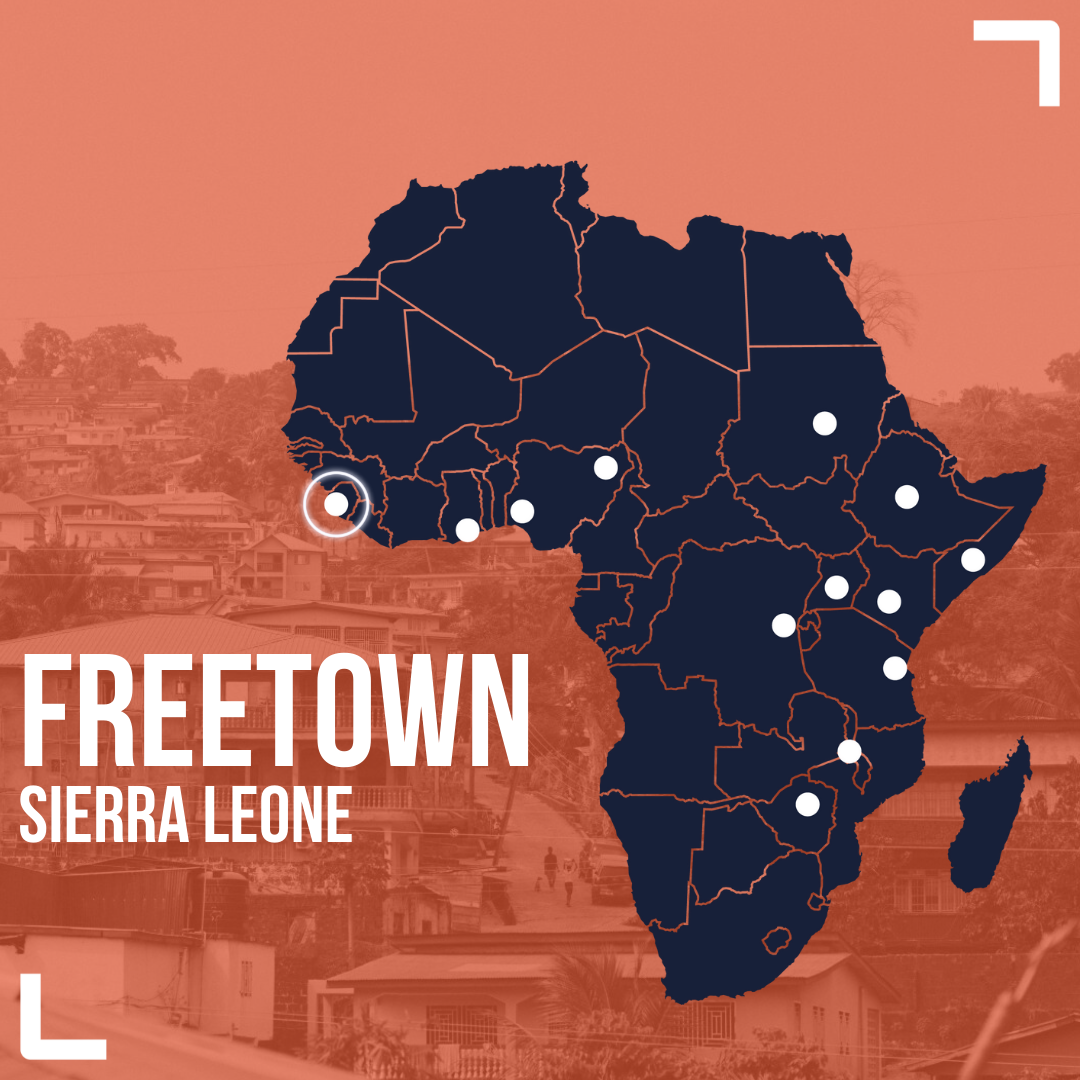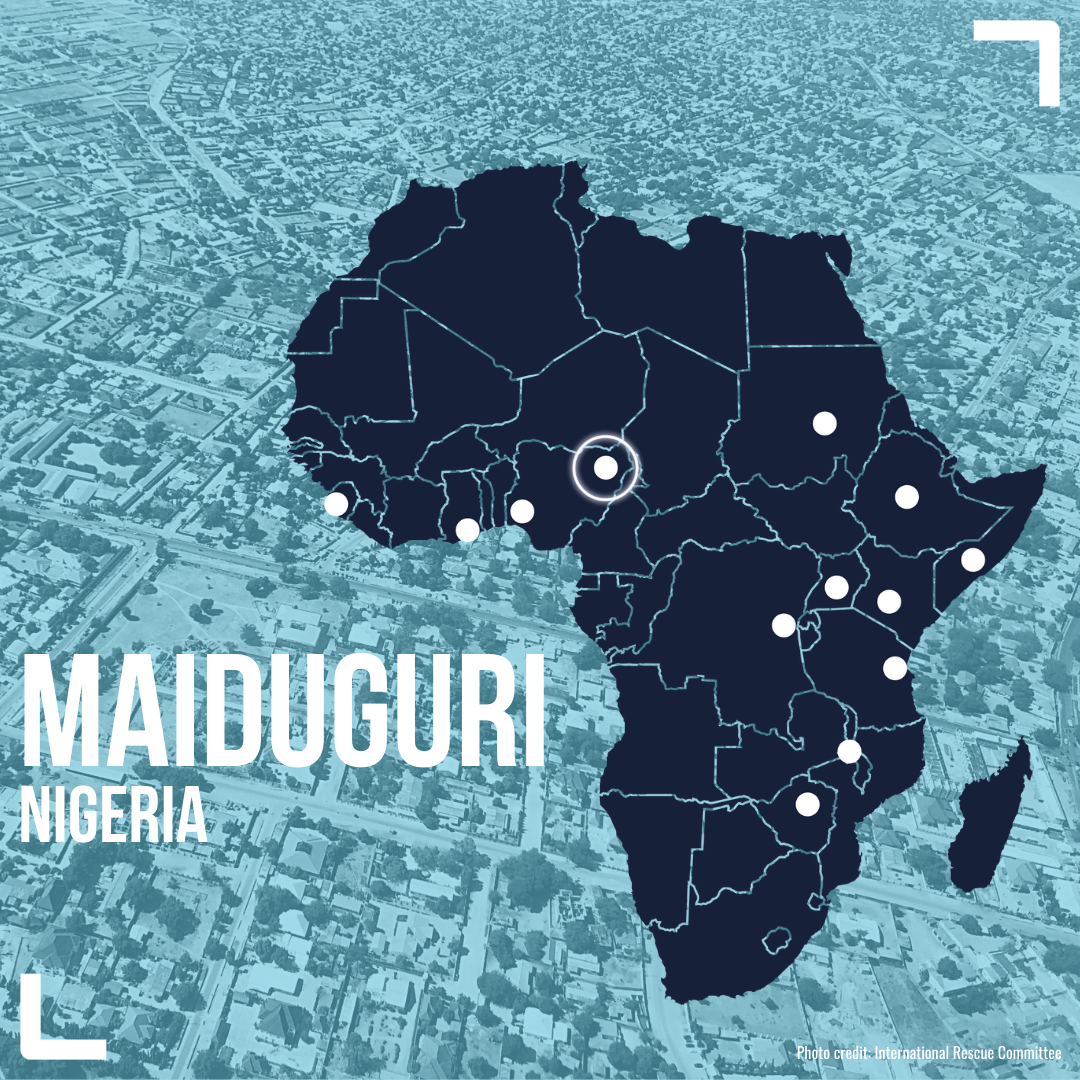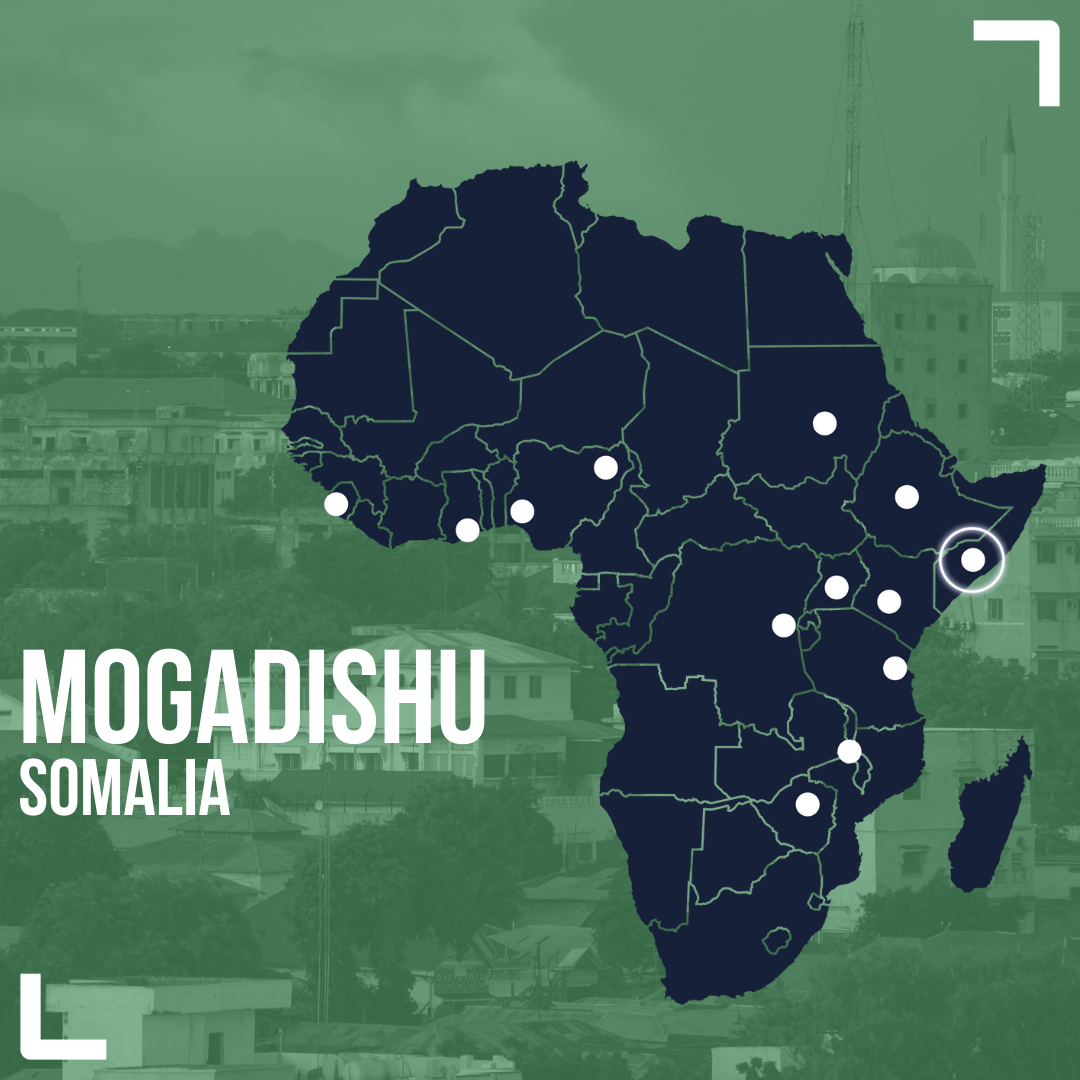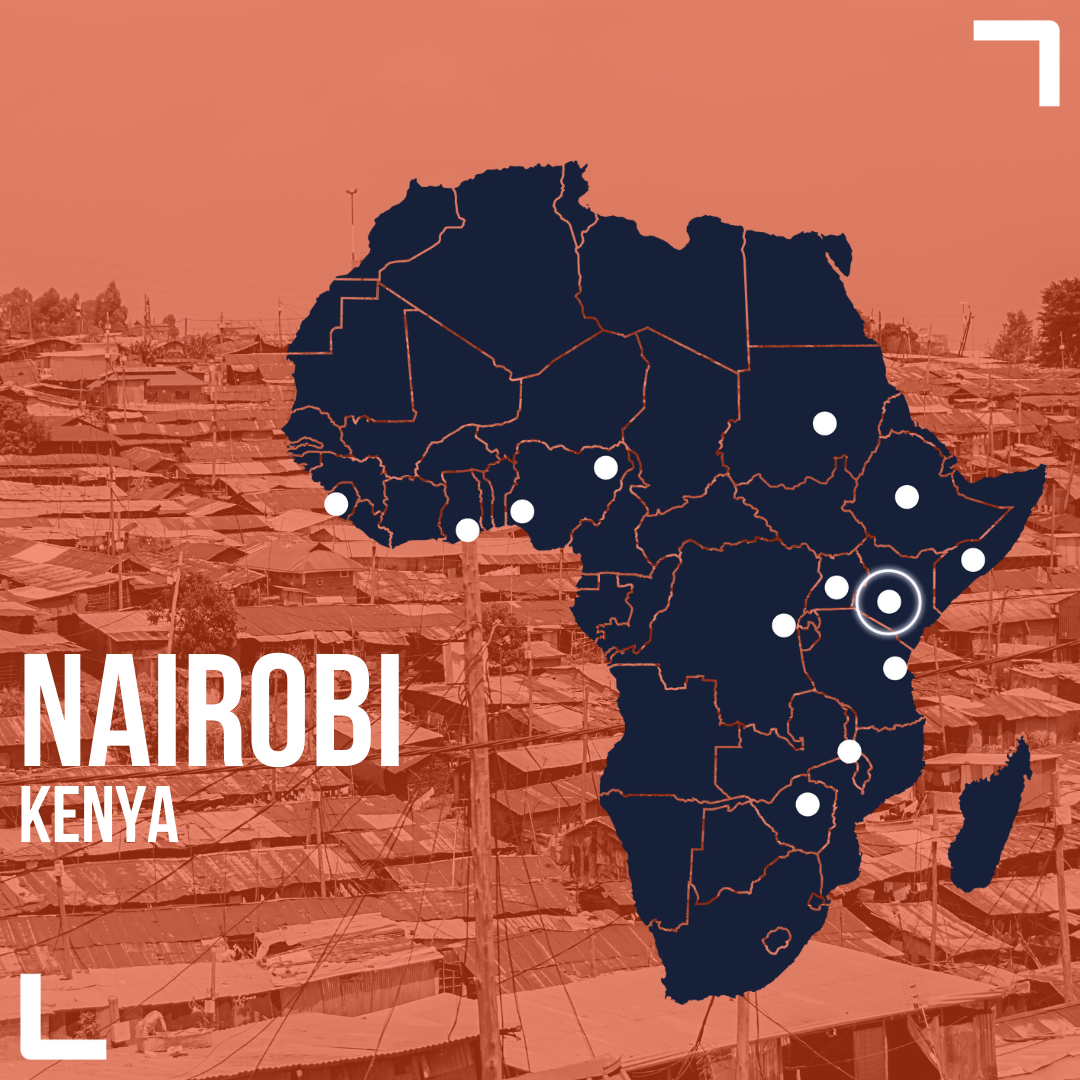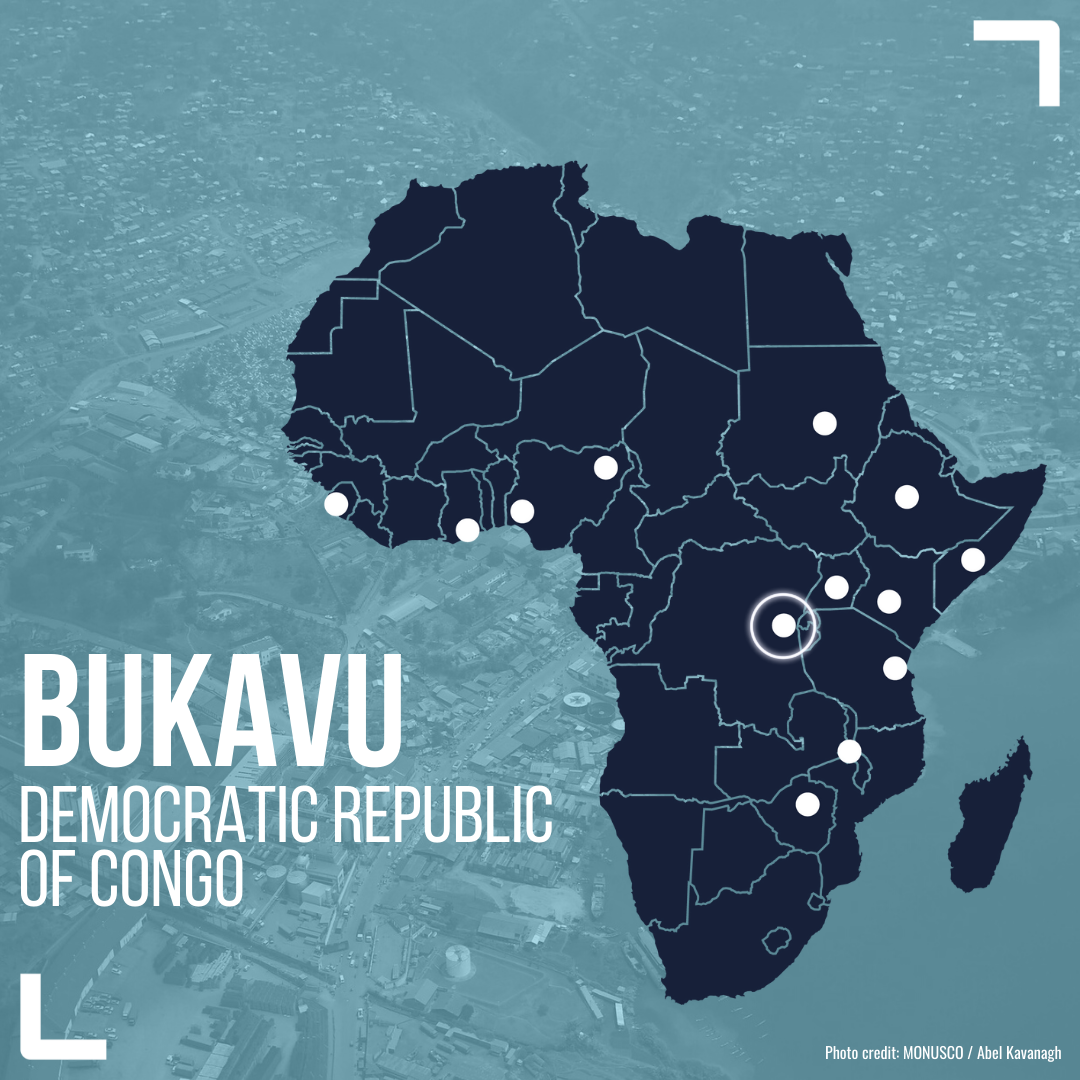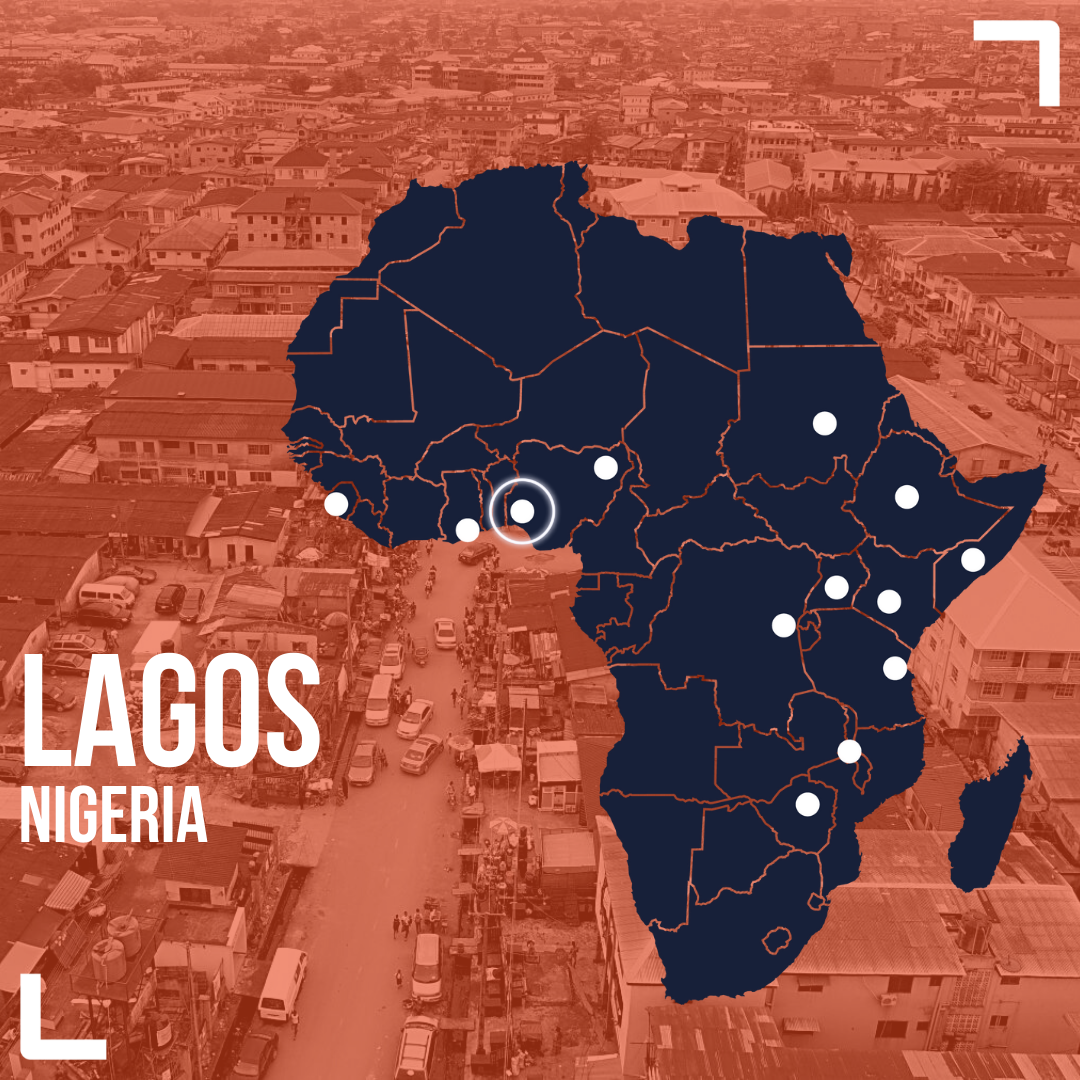Safety and security
Many residents of African cities are vulnerable to widespread crime and violence. Perceived and real threats of violence or exposure to crime can limit mobility – particularly for women and girls, children and minority groups – with a knock-on effect on education, livelihoods and general wellbeing.
Notably, in conflict-affected African states, violence, armed insurgency and terrorism might unfold in cities or generate an exodus of refugees and internally displaced people (IDPs) into urban areas. Crime, violence and conflict undermine economic growth and deepen mistrust of governance, security and justice institutions – frequently leading to vigilante organisations and “street justice”.
Enhancing safety and security in African cities requires pulling together various city systems, such as transport, road networks, policing, land ownership, water and sanitation, and electricity. ACRC will analyse the interplay of these systems – along with how the political economy of safety and security is reflected within city power dynamics – to identify measures that reduce violence and crime, and address the perception and fear of harm. We will also explore conflict resolution and how the integration of IDPs can be better facilitated within conflict-affected states.
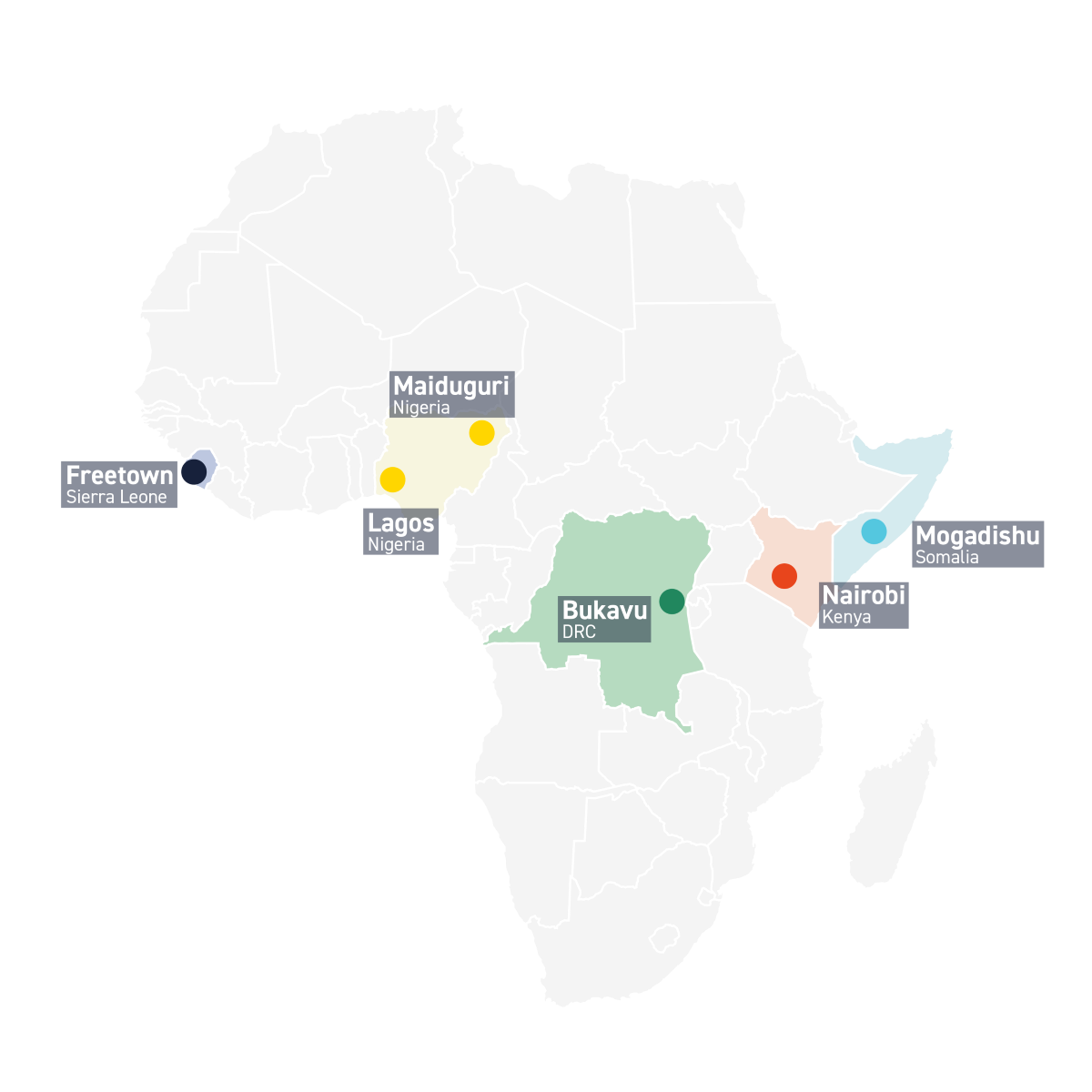
LATEST NEWS from ACRC
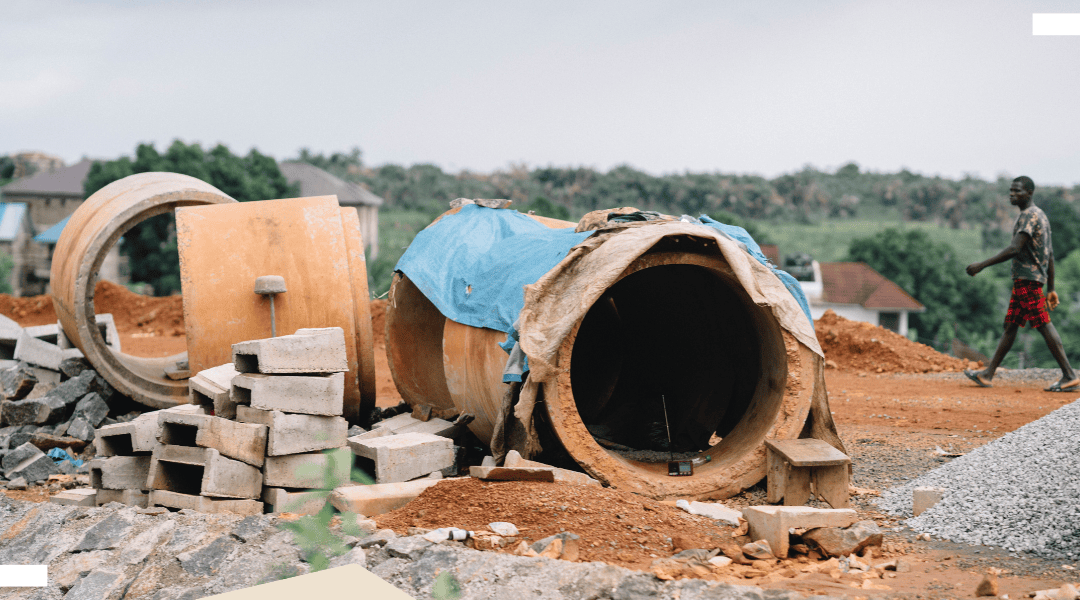
New research: Unlocking urban finance for African cities
A new working paper by Astrid RN Haas and Gundula Löffler highlights trends and lessons on municipal financing in African cities, providing a valuable overview of this crosscutting issue across ten of ACRC’s focus cities: Accra, Dar es Salaam, Freetown, Harare, Lagos, Lilongwe, Maiduguri, Mogadishu and Nairobi.
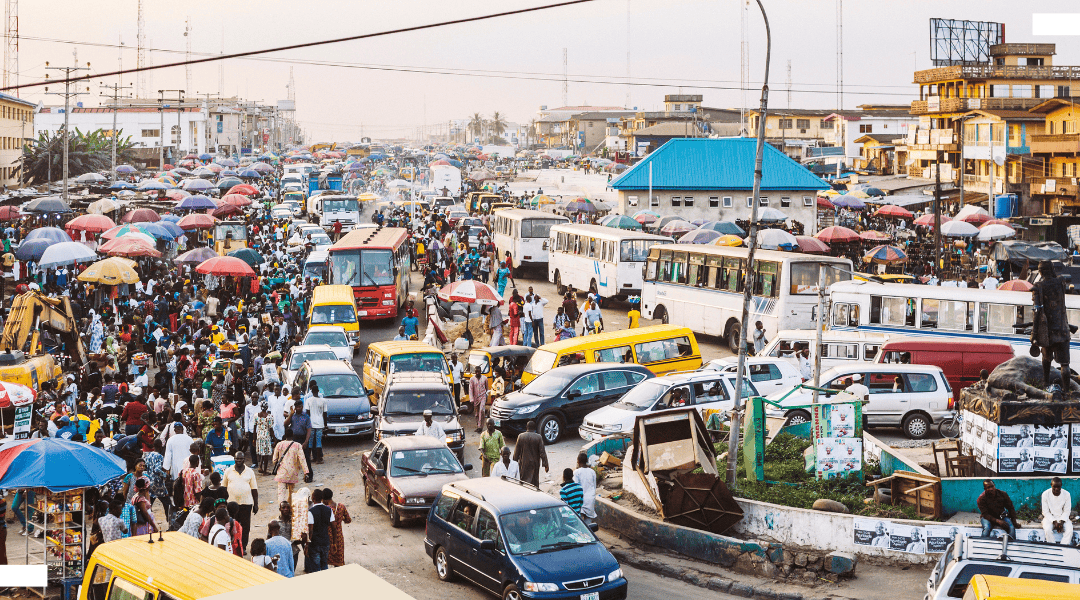
Of politics and development: Stakeholder perspectives on urban reform in Lagos
As the old saying goes: all politics is local. In Lagos and elsewhere, political dynamics manifest at various levels – the committee, the community, and the city – and often shape the degree of urban transformation that is possible.
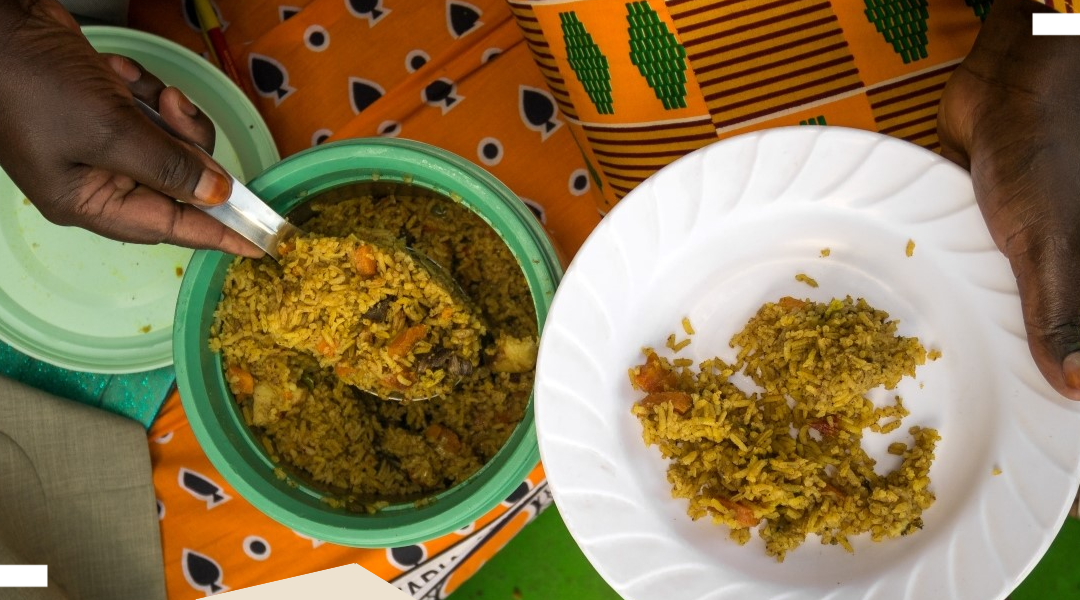
Podcast: Improving access to healthy school meals in Nairobi’s informal settlements
Veronica Mwangi joins Chris Jordan to talk about the issue of healthy diets and nutrition in African cities – particularly among children living in Nairobi’s informal settlements.

